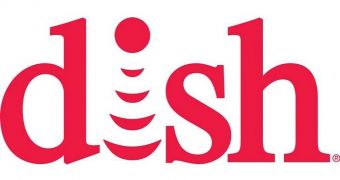It’s not just Netflix that is adamant about not letting Comcast merge with Time Warner Cable, but also Dish Network, the satellite television provider.
In a petition it has created, Dish Network outlines a range of issues that could result if the deal is given the green light, including activities that can be viewed as anti-competitive behavior.
There’s also the issue of strangling innovation and competition and setting down obstacles that would prevent online video streaming businesses to continue to expand, the company points out.
Much like Netflix’s document, the one forwarded by Dish Network has over 200 pages where a number of scenarios are painted, none in which Comcast or Time Warner Cable are put into a good light.
“Comcast’s privileged position as the gatekeeper to many broadband customers enables it to extract from an OVD [online video distributors] a fraction of the incremental profit the OVD derives from uncompromised access to Comcast’s broadband customers. This incremental profit increases with the number of broadband customers that Comcast serves. In particular, (…) once an ISP controls access to a sufficiently large fraction of high-speed broadband subscribers, the access the ISP controls becomes essential for the economic viability of the OVD product,” the file reads.
Basically, if Comcast gets to have even more customers by swallowing up Time Warner Cable, it would have an even wider user base and, therefore, more control over the speeds with which said customers access the Internet in general and online video streaming sites in particular. In this case, Comcast would be in the position to dictate just how frustrated Netflix customers are with the service by throttling their speeds, which could cause a loss in customers.
The firm adds that the merger would permit and motivate the combined company to hurt or destroy online video rivals through its control over the broadband main line that would serve about two thirds of US households.
The file comes as the debate around the topic is heating up again and in the larger context of the discussion about net neutrality. Considering the fact that Comcast has been accused of throttling speeds in order to convince companies, such as Netflix, to sign peering deals, the company has been at the center of the debate. Comcast’s position towards the topic is that ISPs should be allowed to create fast lanes for the companies with deep enough pockets to request access to them, which is against the very concept of net neutrality.

 14 DAY TRIAL //
14 DAY TRIAL //